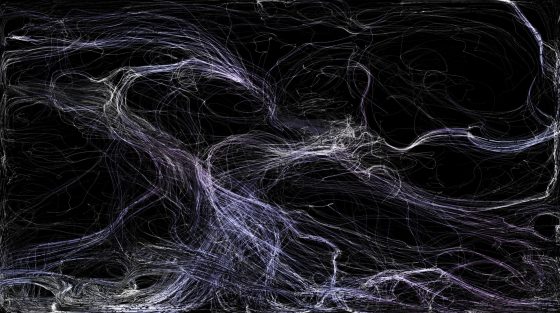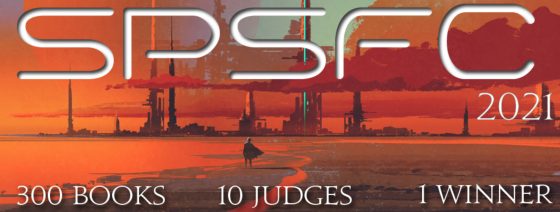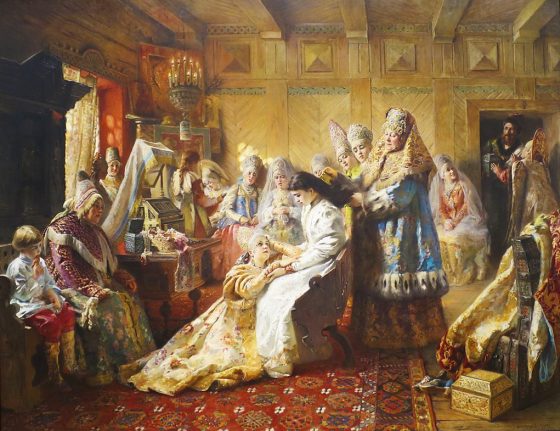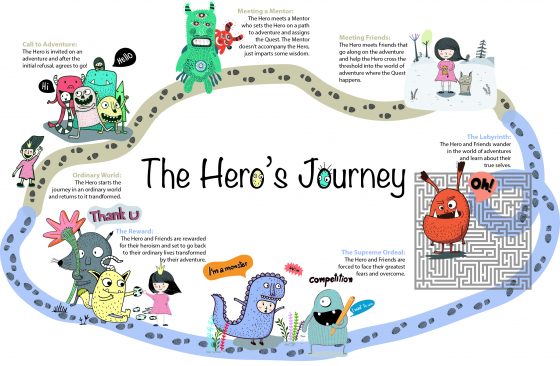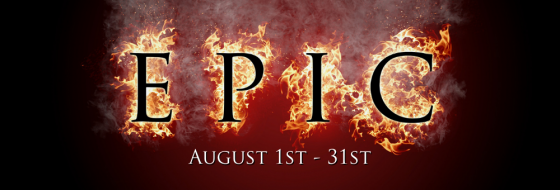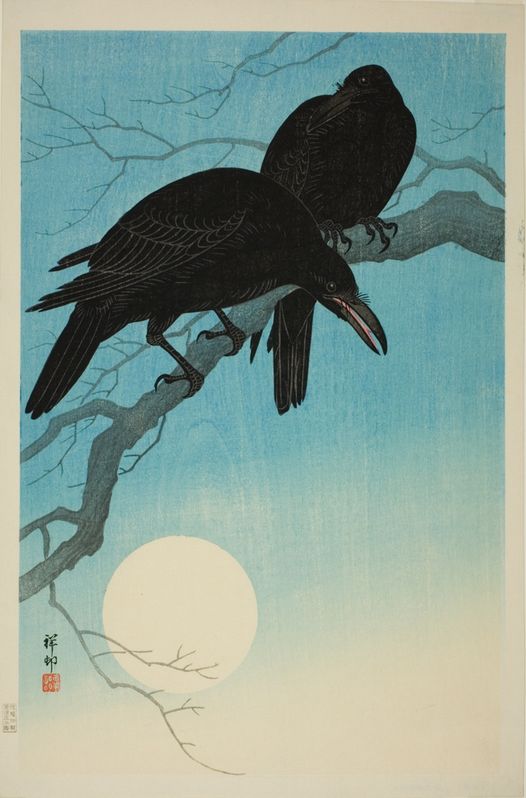
It’s Valentine’s Week and I thought to remark on empathy. First, a bit of a definition. Sympathy is when you relate to the emotional states of others. Usually, we sympathize with someone’s pain and suffering. It’s common to express (or invoke) our sympathies when someone is in a hospital or when a person we know had died. There is a whole industry dedicated to sympathy expression — flowers, cards, food, etc. Empathy is different. We might express sympathy for someone accidentally hitting their hand with a hammer, it’s a polite thing to do. But when we empathize with that person, we feel their pain. That’s a whole order of difference in our perception and understanding of the emotional and physical conditions of others. We can express sympathy without feeling any empathy. Thus sympathy is a social, cultural construct. Empathy is a true internal emotion. Empathy is something that takes time to develop. Human babies are not born empathizers. But those who learn empathy, somehow, truly become human then. For the longest time, scientists didn’t believe that any other animals other than humans were capable of feeling empathy. Of course, anyone who has ever had a pet or observed animal behavior…

